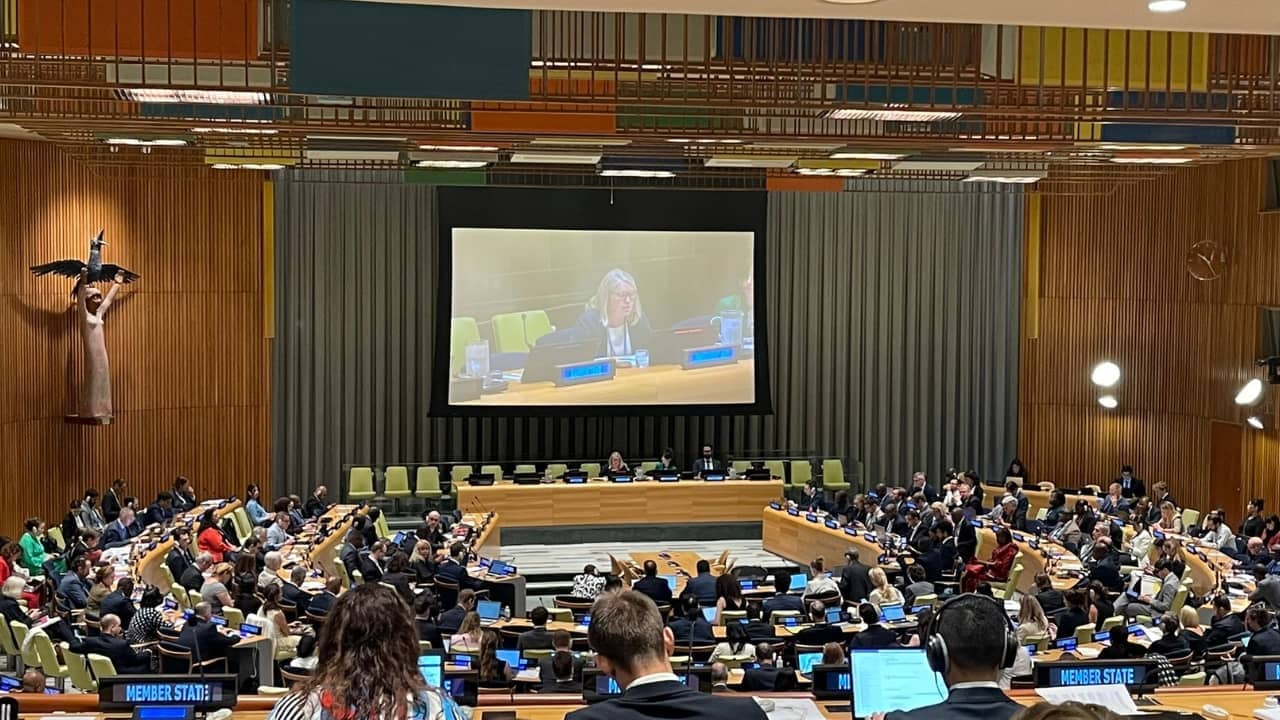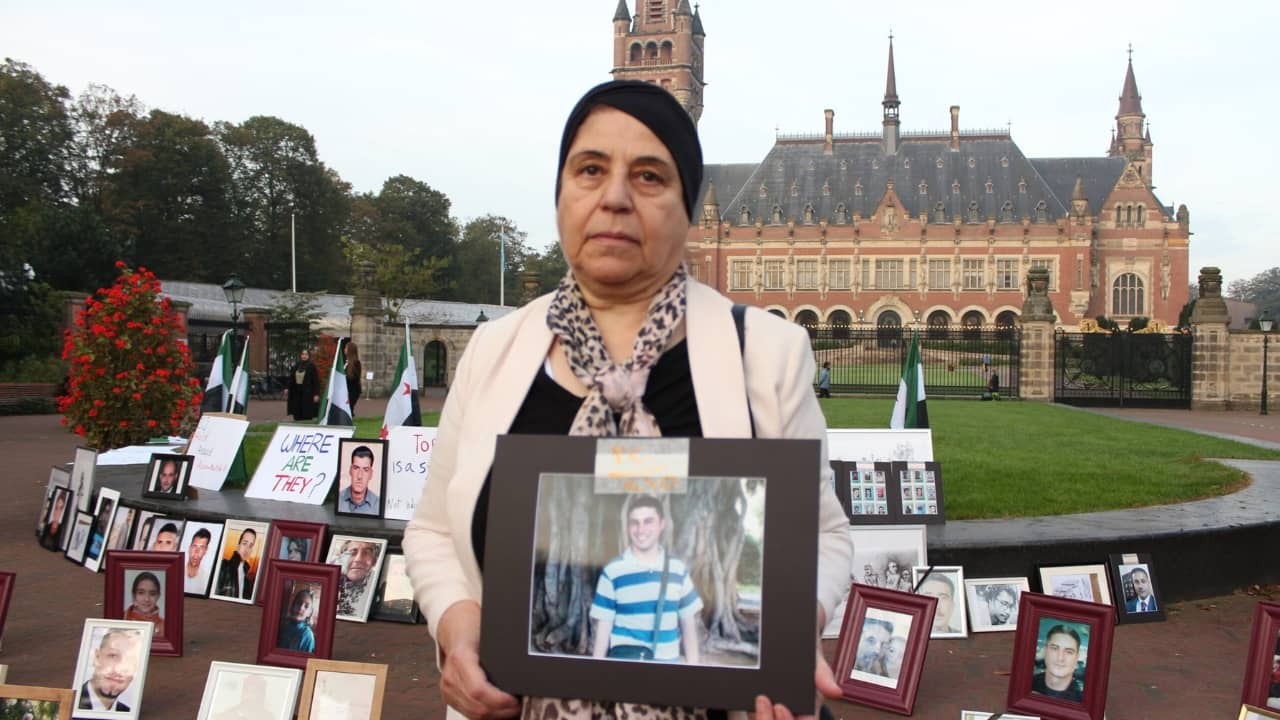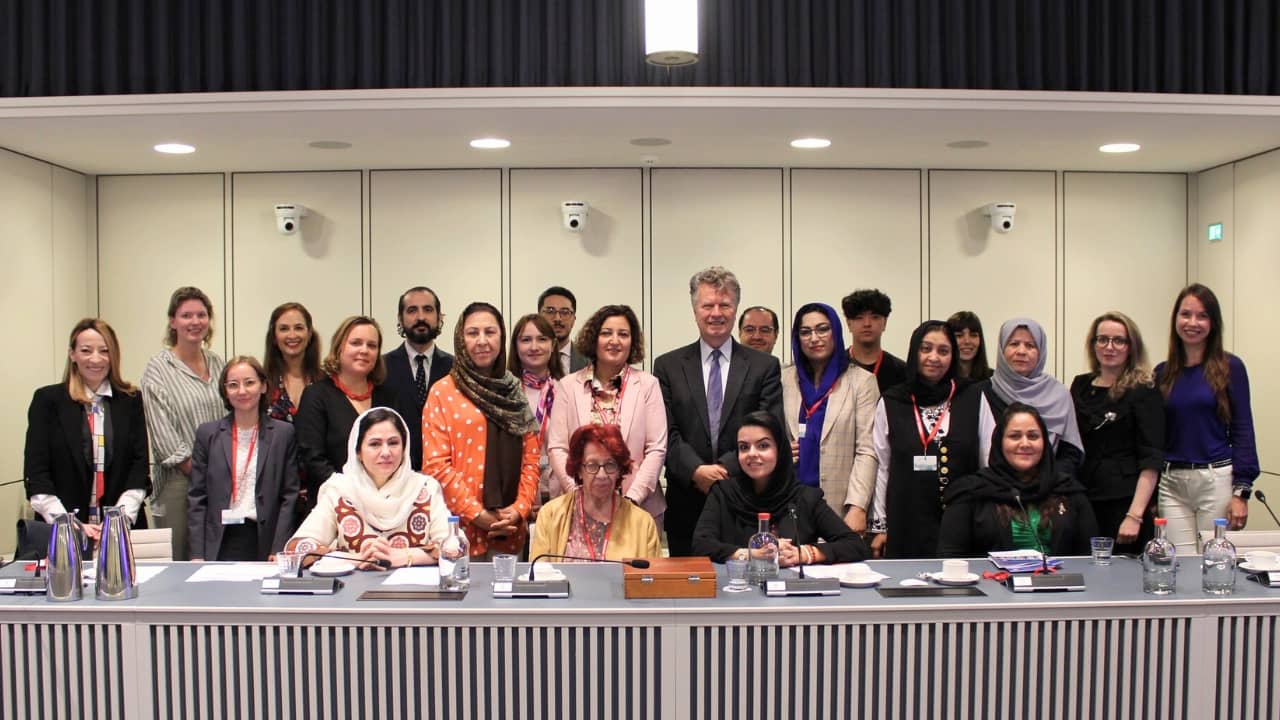
February 19, 2014 | Brussels, Belgium
Objectives & general short description:
Ms. Barbara Lochbhiler, MEP (Germany), PGA member and Chair of the informal group of “Friends of the ICC” hosted the Working breakfast / Strategy Meeting on EU Support to the ICC at the European Parliament. The gathering was organized at a timely moment after the 12th session of the Assembly of States Parties to the Rome Statute (ASP), where a strong pressure to amend the Rules of Procedure and Evidence took place, and before the government of Kenya presented to the UN Secretary General the amendments to the Rome Statute.
Moreover, the meeting was organized also in a timely moment regarding the Kampala Amendments since in the working breakfast it was decided to try to introduce in the Agenda of the European Parliament Plenary the discussion of the Resolution of the EU Common Position on the Crime of Aggression before the European Parliament Elections take place.
During the debate, the topics of amendments to the Rule of Procedure and Evidence and to the Rome Statute presented and discussed in the 12th session of the ASP and the African Union Resolution and pressure against the ICC as well as the follow-up actions to include the Resolution on the EU Common Position on the Crime of Aggression into the EP Plenary Agenda were addressed.
Ms. Barbara Lochbilher, MEP (Germany), PGA member and Chair of the informal group of “Friends of the ICC”, gave a comprehensive speech on the process that was necessary to follow in order to include the Resolution on the EU Common position on the Crime of Aggression into the plenary agenda. Interventions by MEPs followed a technical intervention on the ICC-Africa relationship by PGA Secretary General, Dr. David Donat Cattin. During the debate, several statements were made in relation to the need for European States to support the integrity of the Rome Statute and or the European Parliament to have a resolution regarding the EU Common Position on the Crime of Aggression.
Outcomes/Results:
-
At the meeting all the participants got a better knowledge and understanding of the ICC-Africa relationship and the events that took place at the 12th session of the ASP.
-
At the meeting, all participating MPs agreed on the wording of the EP Plenary Resolution to promote the ratification and implementation of the Kampala Amendments and on the action plan to include it in the plenary Agenda as a way to encourage European Union Countries to ratify the Amendments to the Rome Statute.
-
All the participants agreed that it would be beneficial to use the 100th anniversary of the beginning of World War I (August 2014) for a special event with focus on the necessity to end war and support the criminalization of aggression by giving jurisdiction to the ICC through ratifications of the Kampala Amendments.
Verifiable indicators (references to outcomes):
-
The role which PGA can play in the defense of the integrity of the Rome Statute by informing/updating its members regarding this specific ICC topic who can then request their governments to support the ICC, was several times acknowledged, amongst others by Ms. Lochbihler, MEPs (Germany)
-
Request from some MPs of a parliamentary memorandum of the ASP featuring the most important discussions in the General Debate as well as in the specialized segments, Immunities of Heads of State and Victims.
-
The multi-partisan adoption of a strengthened Resolution of the European Parliament on the ICC in 18 July, 2014 has been the best possible indicator of success of this action carried out by the Campaign for the Rome Statute of the ICC in Brussels thanks to the leadership of MEP Mr. Schotz and Ms. Lochbihler: In this respect, it must be noted that the most significant outcomes of the meeting have been incorporated in the Resolution by MEPs, including the recommendation for the EU to promote the ratification of the Kampala Review Conference amendments.
Follow-up:
-
PGA direct contact with MEP Barbara Lochbihler’s office to monitor the inclusion fn the Resolution of the EU common position on the Crime of Aggression into the Plenary Agenda.
-
PGA was given the opportunity to point out important questions that the MEPs should ask to their governments in order to assure full support from European State parties to the Rome Statute in this moment when the relationship with the AU is difficult.
-
Send the Parliamentary Memorandum to all those MPs and MEPs who PGA believes could be crucial to obtain the support from their governments to the ICC.
-
Provide technical support to States to implement the Crime of Aggression into their national legislations using the 100th anniversary of the beginning of World War I (August 2014) for a special event with focus on the necessity to end war and support the criminalization of aggression by giving jurisdiction to the ICC through ratifications.






